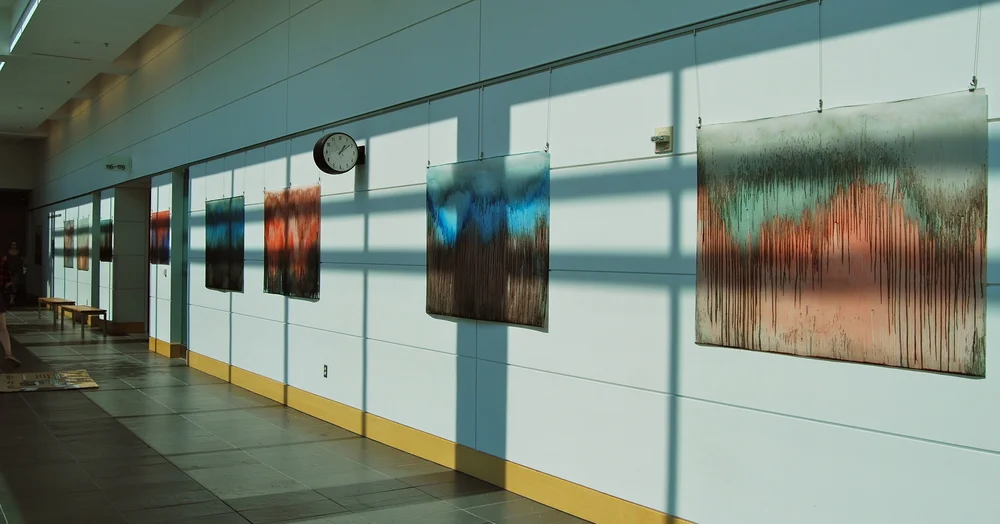Clinical Supervision and Consultation
Learning to work deeply and going on working well depends on having access to the minds of others, in addition to ongoing attention to one's own evolving understanding. To this end, I offer clinical consultation and supervision for those wanting to cultivate an understanding of British Object Relations theory and deepen their work. Having undergone additional training in supervision, I am an approved supervisor for therapists seeking licensure in Washington State.
For those interested in the special area of Infant Mental Health, I am a Reflective Supervisor for any level of trainee, vetted by the Washington Association of Infant Mental Health.
I am also a training and supervising psychoanalyst, qualified to offer supervision to those enrolled in candidacy at Northwestern Psychoanalytic Society and Institute. Training, in psychoanalysis, is a person-to-person endeavor, where the supervisor works in intimate partnership with the treating analyst. This overview provides a "third" to offer a wider perspective on a treatment underway. In this way, psychoanalysis follows an apprenticeship model, learning-by-doing, with help.
In-services and training
Topics I have developed include the following:
The Secret Lives of Babies
The development of a mind begins before birth, and its growing arc has long-reaching implications for psychic wellbeing across the lifespan. Using an object relations perspective, I will discuss ordinary development, its common impingements, and how unconscious relationships are established. I will then draw on clinical vignettes to elaborate the way these relationships might manifest in the clinical situation.
Loss: The Hole at the Bottom of Everything
From our first encounter with this bright and startling world, loss defines us. While loss is never without pain, for some, experiences of loss are so problematic that life becomes constricted. Drawing on a marriage of theoretical and clinical experience, I will articulate ways to understand and assist patients in this thorny situation.
Psychoanalysis: Not for Everyone (but maybe for you)
Psychoanalysis requires a serious investment of time and money, and is not suited to those who can be helped by less rigorous methods. However, for those who reside at the intersection of curiosity and misery, this peculiar form of psychological open-heart surgery can provide the best and only avenue to restore health and vitality and promote the growth of the mind.
Cultivating Reverie in Clinical Practice
Reverie, in psychoanalytic thought, is a particular state of mind that can occur between a therapist and her patient. This term was transported from philosophy by Wilfred Bion (1961), who developed a bi-personal psychology with reverie at its core. He described a state of mind that occurs between an infant and his mother, where the baby’s anxieties and terrors, transmitted via projective identification, are met by a mother’s emotional receptivity. In optimal circumstances she transforms these baby-worries, and returns them to her infant enhanced by understanding. Gradually, the baby internalizes not only the de-fanged anxieties, but, in time, the ability to make his own sense of the world. In Bion’s conceptualization, this process is analogous to a process that can transpire in psychotherapy, where reverie is the first step in an evolving dance. Eventually, the products of one's reverie are expressed in a psychoanalytic interpretation. Come and explore the clinical application of this practical concept.
““If poetry is emotion recollected in tranquility, science is tranquility recollected in emotion” ”
““It is very important to be aware that you may never be satistied with your analytic career if you feel that you are restricted to what is narrowly called a ‘scientific’ approach. You will have to be able to have a chance of feeling that the interpretation you give is a beautiful one, or that you get a beautiful response from the patient. This aesthetic element of beauty makes a very difficult situation tolerable.”
”

